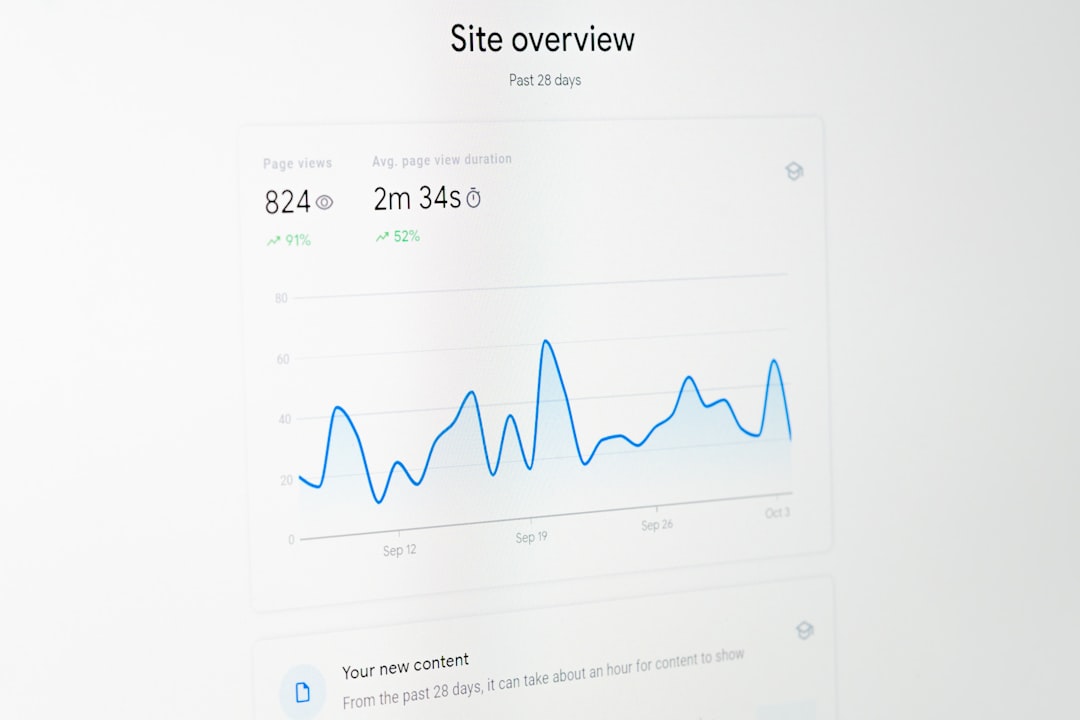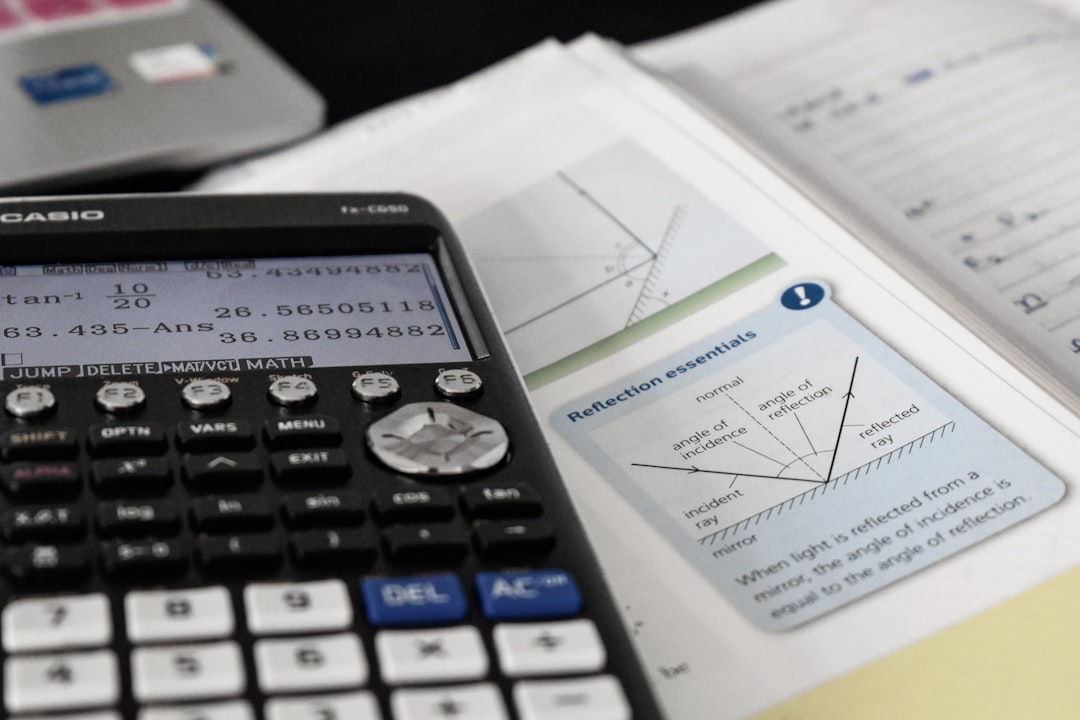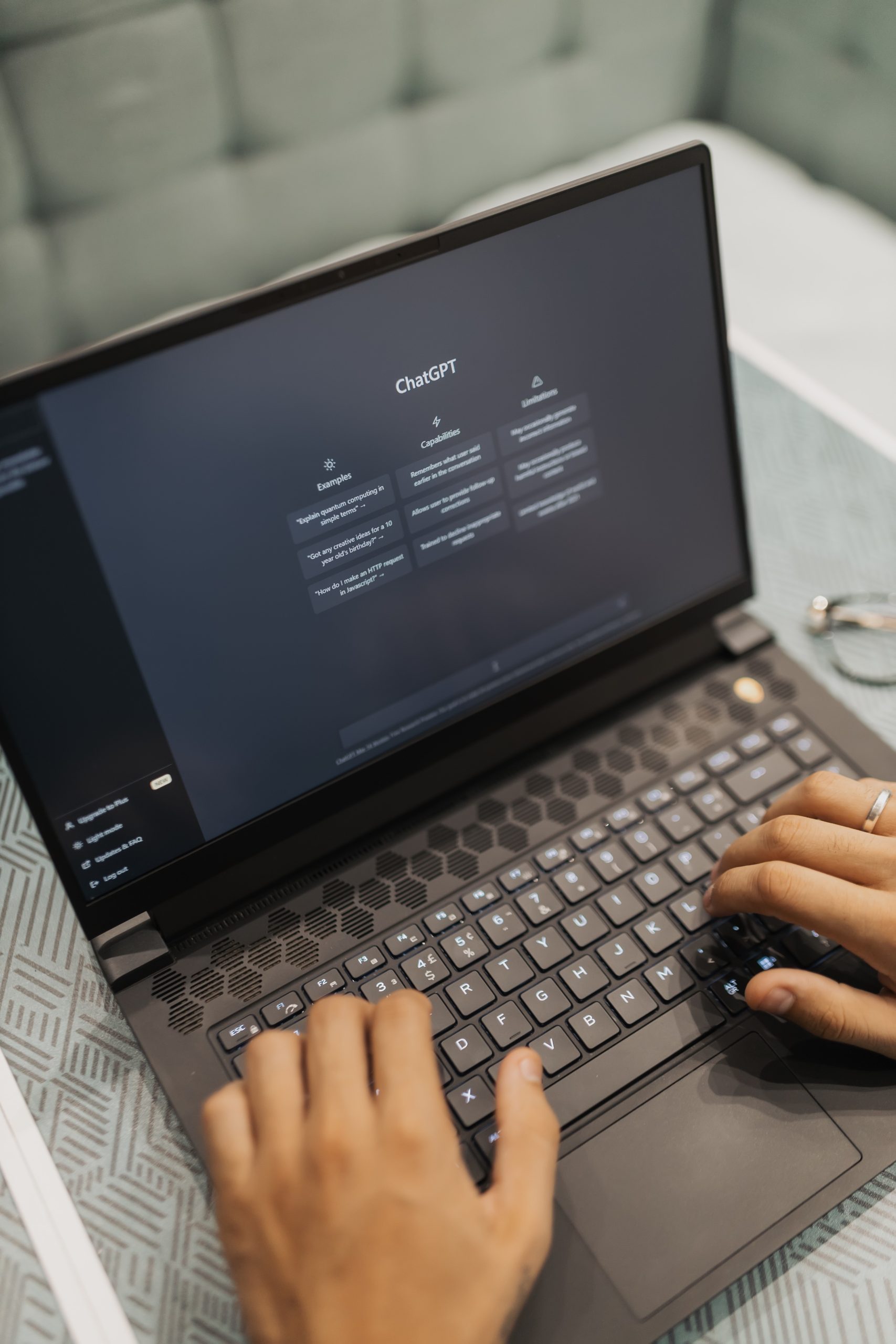Finding someone on the electoral roll in the UK can seem like a daunting task, especially if you’re not familiar with how the process works. However, the electoral roll is a valuable resource in many situations, whether you’re conducting genealogical research, trying to reconnect with a long-lost friend, or verifying someone’s address for official purposes. In this article, we’ll guide you on how to locate someone on the electoral roll while explaining its purpose and access restrictions.
What Is the Electoral Roll?
The electoral roll, also known as the electoral register, is an official list of people in the UK who are registered to vote. Maintained by local councils, it is updated annually and contains important information, such as names and addresses. The roll is divided into two versions:
- The full register: Used for electoral purposes, jury summoning, and the prevention of fraud. Access to it is strictly limited to authorized organizations and individuals.
- The open register: A publicly available version that excludes those who have opted out of being listed. It can be purchased and used for purposes like marketing or vetting.
It’s important to note that access to these registers is safeguarded due to privacy concerns, but there are still legitimate ways to find information about someone using the electoral roll.
Steps to Find Someone on the Electoral Roll
1. Identify Your Purpose
Before diving into the process, figure out why you need this information. If it’s for personal reasons like reconnecting with someone or confirming a person’s address, you’ll likely have to rely on the open register. Unauthorized use of the full register is prohibited.
2. Access the Open Register
The open register can often be accessed through online services or tools. Here are some of the most common ways:
- Electoral Registration Office: Visit your local office where you can view the open register in person. Contact the office beforehand to check what identification or permissions might be required.
- Online Services: Several third-party websites provide access to parts of the electoral roll for a fee. Examples include 192.com and other people-search platforms.

3. Use a Paid People-Finder Platform
If you’re looking for a quicker way to access the electoral roll, third-party platforms like 192.com can be incredibly useful. These services often combine data from the open register with other publicly available information, such as telephone directories, court records, and business listings. However, most of these services are subscription-based, so be prepared to pay a fee.
4. Visit a Library with Reference Copies
Many UK public libraries hold reference copies of the open electoral register. The process of accessing these varies depending on the library, but staff members can typically assist you. Note that this method may require time and patience, especially if you are searching without much detailed information.
5. Understand Access Rules for the Full Register
Access to the full register is tightly controlled. If you believe you have a legitimate reason, such as conducting law enforcement, credit checks, or legal investigations, you must apply through the proper channels. This often involves partnering with authorized organizations or seeking approval from a government office.
6. Opt for Professional Services
If all else fails, consider hiring a professional tracing service or private investigator. These experts have access to tools and databases not typically available to the public. However, this option is usually costly and should be used as a last resort.

Key Challenges and Legal Considerations
While the electoral roll is a powerful tool, accessing it isn’t always straightforward. Privacy laws such as the GDPR (General Data Protection Regulation) place constraints on how personal data can be used. To avoid potential legal issues:
- Ensure your reasons are legitimate and non-invasive.
- Do not misuse or sell the information you obtain.
- Always respect an individual’s opt-out choices.
It’s also important to remember that not everyone will appear on the open register. Some people opt out for privacy concerns, and others may not have registered their current address.
FAQs about the Electoral Roll
1. Can I Search for Free?
While some libraries and local offices allow free access to the open register, online searches through third-party services typically require payment. Always inquire ahead to avoid unnecessary expenses.
2. Who Manages the Electoral Roll?
Each local council in the UK is responsible for maintaining and updating the electoral registers for their respective areas. This information is then used for elections and other related purposes.

3. Are There Alternatives?
Social media platforms, professional networks like LinkedIn, and genealogy websites are alternative ways of locating someone, though they don’t provide the accuracy of the electoral roll.
Conclusion
Finding someone on the electoral roll in the UK may require time and resources, but it can be incredibly rewarding. By following the steps outlined above and adhering to legal guidelines, you can effectively navigate this process and potentially connect with the individual you’re searching for. Whether you’re doing personal research or simply curious about a long-lost acquaintance, the electoral roll remains a valuable tool for discovering more about the people in your life.

